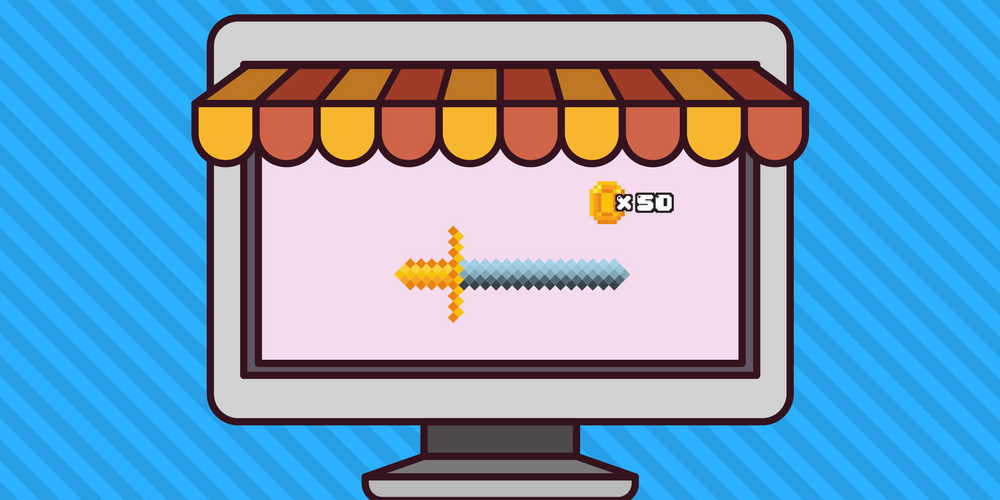
In 2017, the gaming world is expected to generate close to $110 billion in revenue worldwide with 2.3 billion people playing games every day on different platforms and devices. Mobile gaming is the most lucrative platform creating $42.1 billion, or 42 percent, of the global market, according to Newzoo’s latest Global Games Market Report. But despite the industry’s profitability, only around 4,000 pro gamers are making profits out of their time spent in games and pursued skills.
Modern gaming has reached a point where it is about more than just play. Online video games, virtual reality and esports are creating an ecosystem where players can personalise how they interact with games. By giving players the tools to customise their experiences it keeps them playing and spending for longer.
Yet, according to Dmarket.io – the first decentralised marketplace where players can trade their in-game items globally – only six percent of gamers, or 140 million, are turning over $3 billion trading in-game items. The biggest players in the global in-game items trading market include Steam, Opskins and skins.cash. Dmarket questions why the remaining 94 percent, or 2.16 billion, aren’t involved in global trading at all.
Speaking at the Blockchain Live conference in London, Volodymyr Panchenko, founder and CEO of Dmarket and founder of skins.cash, said that every minute a gamer spends in the game they receive virtual goods such as a pile of crystals, a fancy car or even a washing machine.
“[However], there is no way to trade these assets with the billions of gamers in the world,” Panchenko said. “Imagine there is a hidden economy clustered with billions of wires, items, warehouses, productions sites, but that it’s technologically limited to trade.”
It was this market void that inspired the creation of Dmarket to offer a scalable, cross-platform solution that enables gamers to trade any virtual item from any game. The end result didn’t come easy, and was nearly impossible to do, explains Panchenko. The first step involved synchronising all the databases simultaneously with the games, developers, and publishers. Secondly, when the virtual item has been turned into a real commodity who verifies that that particular item belongs to a person?
“Obviously, that’s where the magic of the blockchain comes,” says Panchenko.
Through Dmarket, Panchenko explains that players will be able to trade any virtual item on any game through any platform. Via the blockchain API, the marketplace will connect game developers, giving gamers the opportunity to enter the global economy with their virtual items.
Yet, it’s not just the gaming world that this platform could impact, but also the lives of non-gamers.
According to Panchenko in five years time when searching for an item online to purchase, the results won’t just bring back the names of shops it’s sold at, but also from virtual games.
“A lot of fashion designers are now creating special collections for retail stores, which are gaining a lot of attraction and sales,” adds Panchenko. “In five years, game production will be able to trade a collection of fancy boots for a popular game, which will be stored on the blockchain.”
Additionally, a trader will be able to see how many items were produced and how rare it is. For Panchenko, the blockchain will not just change the gaming world but will impact other sectors too.
“I believe in 10 years there will be less industries left without the blockchain than those which run on it,” concludes Panchenko. “And there are a lot of entrepreneurs who are trying to forge this world.”
Dmarket’s alpha version is expected to launch in October. The second and main phase of their token sale starts on 3 November through to the 17 November with the hard cap set at 100,000,000 Dmarket tokens. During the four-day August token sale, Dmarket raised $10.9 million.

